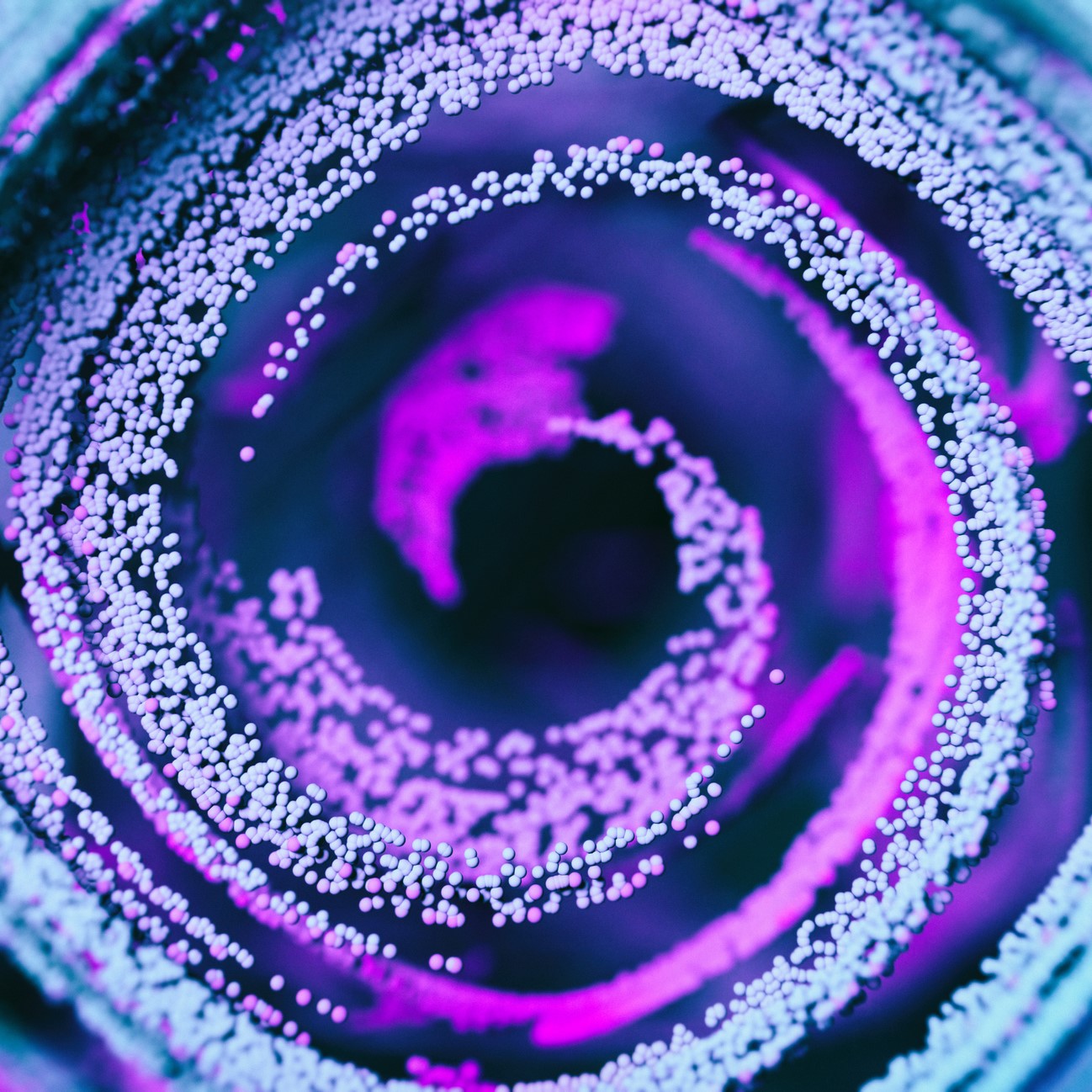Our Research
Our research focuses on both foundational AI and AI applications, with the goal of delivering real benefits to humanity and scientific exploration within the next five to ten years. The impact of these research initiatives extends to solving pressing problems in health, sustainability, economics, and defence.
The programme has already established a growing research community, and new hires have been made to contribute fresh ideas and expertise to priority areas. Since the launch of I-X, we have established a growing research community, with 100 academics now participating in over 30 I-X research initiatives, and a series of new hires bringing fresh ideas and experience to priority areas.
We are continuing to expand and welcome new collaborators. If you are interested in joining our research community, we encourage you to apply to the I-X Affiliate Scheme.












